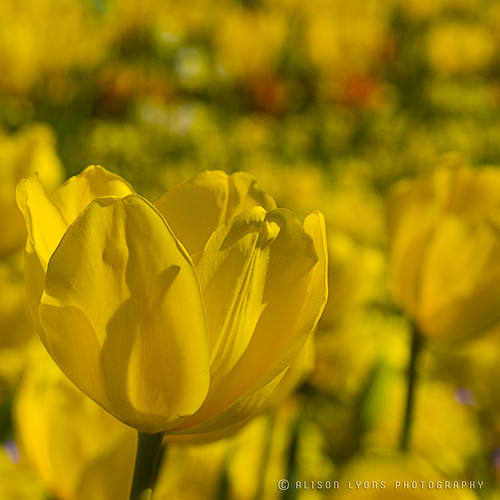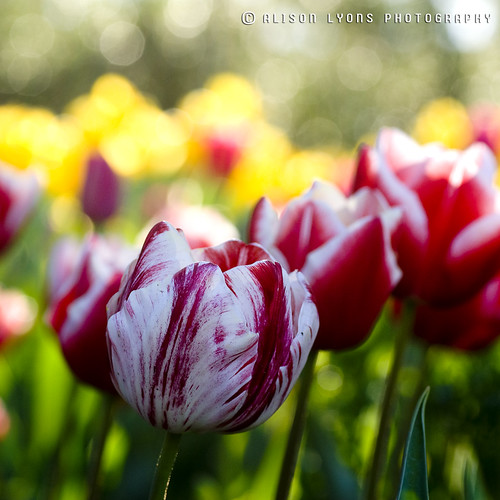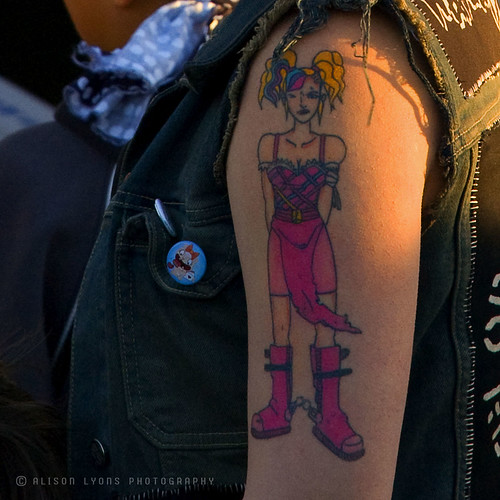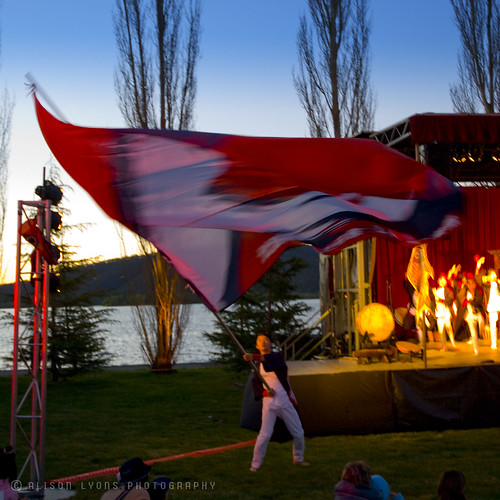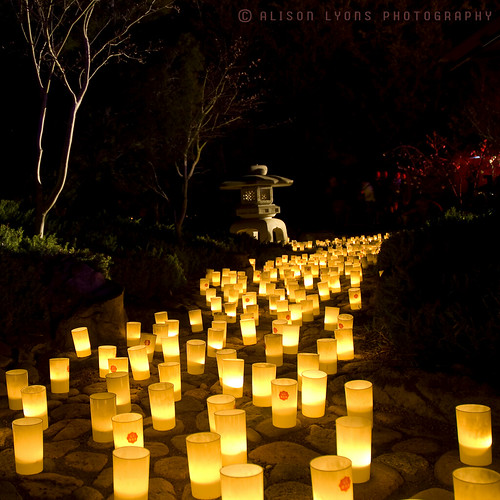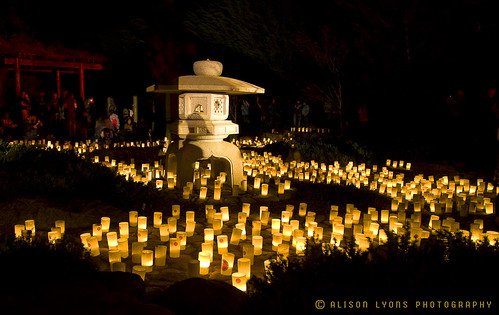:: Light :: Globe ::
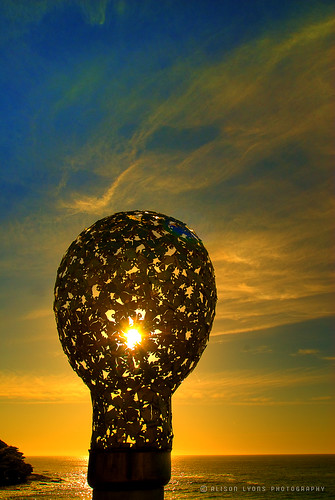
"the flight of the bogong"
Marguerite Derricourt
Bogong Moths are well known in south-eastern Australia for their mass migration in spring. Occasionally they are blown off course by the hot westerly winds and find themselves in Sydney and along the coast, much to the chagrin of the human population. Their intended destination is the Snowy Mountain region where they remain inactive during the summer months.
:: Light :: Globe ::, originally uploaded by alison lyons photography.
On the Beach
Sculpture by Tim Kyle
Sculpture By the Sea 2008, Sydney
Artist's statement: My works is concerned with the mapping and recognition of the human condition. I use the figure as a metaphor for existence.
Yes. Yes. Please. Please. Please. Please.
The story started here:
Alan descended the stairs. A short man with an open face.
“She let us in” I blurted out... Pointing to the elderly woman in the corner of the room, as if it were her fault. He seemed unperturbed that we three strangers were ensconced in his house conversing with his mother-in-law.
He made us tea while we waited for his wife Mary to return. Mary would know all about the family tree and how we were all connected he offered. He apologised for the mess.
“We are renovating” he explained. I looked around at the boxes of kitchenware piled up in confusion around Lilas and saw the room, (but not Lilas) in a different light.
On Mary’s return, my mother and brother sat at the dining table with Alan and talked family stuff. I didn’t join Mary and the others at the table, I stayed close to Lilas. She had taken a liking to me.
“When you come back” she said, “You and I, we’ll go for a walk on the mountain” She articulated the word ‘mountain’ very clearly, giving each syllable equal weight. “We’ll have a nice time, just you and me. We won’t ask the others.” She lilted on “but not at milking time, there’s too much work to do a milking time.” I nodded in agreement. “Just you and me,” She winked. “And we’ll talk.”
I noticed that when she spoke to her daughter Mary, she often lapsed effortlessly into The Welsh, but she always spoke to me in English, despite her dementia, she never confused the two languages.
She pointed to my brother. “I don’t know him” she look displeased. “He’s a very plain looking man.” I nodded in agreement.
She pointed to my mother. “Do you know her?” she asked. She frowned, she didn’t like the look of my mother either, it seemed.
“She’s my mother.” I said.
“Your mother?” she said slowly, trying to comprehend what I had just said. “Ah.” she nodded finally, and was quite for a while. Contemplative.
She looked back and me and her face lit up again. “But you and I, we’ll go up the mountain. It is beautiful on the mountain, you will like the mountain, and all the wildflowers will be out.”
She pointed to the four people sitting at the table. Her daughter Mary and son-in-law Alan, my mother and my brother. “Those four men” she said. “They don’t do any work.”
She was silent for a few minutes and then she started again.
“Have they made you tea?” she asked. “You have been here so long and no-one has made you tea.”
She counted the cups again and showed me how clean they were.
She pointed to Mary, “I like her” she said, and her face softened. “She’s nice. She looks after me, you know.”
She pointed to Alan, she leaned in a little closer to me. “He’s nice, but he’s a bit slow” she said conspiratorially.
“Yes. Yes. Please, please, please, please.” She said.
“She says that a lot” Alan called out from across the room. “Always the same, two yeses followed by four pleases.” We don’t know what it means. “Her eyesight is perfect.” he said, “We just had her eyes tested, but it is her mind, you see, that is gone. She thinks she is still a young girl.”
Her father had died when she was a young girl and as an only child, she had been sent to keep house for her three bachelor uncles. I wondered what life must have been like for a young girl on a remote Welsh sheep farm. Very hard, I suspect. Her mind was locked back in that time and she longed to return to places and people that no longer existed. She had out-lived them all. She had no memory of her more recent life, of loves, of a husband, of years (decades) of marriage, or of her daughter with whom she now lived.
She pointed to my mother again.
“I don’t know who she is” she said. “Do you know her?” she asked.
I looked at my mother, engrossed in conversation.
“No.” I lied. It was easier to do so. “No I don’t know her at all.”
Mary made more tea. It was hot, the steam rising, highlighted in shafts of light streaming in from the weak afternoon sun. Mine was too hot to drink and I set it aside to cool, but Lilas tackled hers. I watched as scolding hot tea dribbled down her chin and disappeared as it soaked into the knitted cables of her cardigan. I was concerned that she’d burn herself, but no-one else noticed, not even herself. She dropped crumbs from her biscuit and meticulously retrieved them one by one from the folds of her clothes and popped them into her mouth.
“I want to go home.” she said. No-one corrected her, told her she was already home. No-one listened, except me.
“Yes, yes, please, please, please, please.” she said again and lapsed again, momentarily, into silence.
“Aren’t you cold?” she asked me, noticing my bare arms for the first time.
“No” I replied. “I never am, I don’t feel the cold. I am as warm as toast. See?”
I put my hand on top of hers. Mine was warm against her chilly skin. The bluish veins of her hands were soft to my touch and they contrasted darkly with the pale parchment of her skin.
“Oooo, yes you are!” She chuckled, amused by her own disbelief.
“I want to go home.” she said again.
“Yes, I do too.” I said, and I meant it.
“ ... but, when you come back,” she continued. “You and I, we will go up on the mountain. Just you and I ... And we’ll talk. It will be so much fun. We won’t ask the others. Just you and me. It is so beautiful on the mountain. But not when the milking is on. Oh no, there is too much work to do, when the milking is on.”
I don’t care if monday’s blue
...Tuesday’s grey and wednesday too
Thursday I don't care about you
It’s friday I’m in love.
The Cure
We had joy, we had fun
...we had seasons in the sun.
But the wine and the song,
like the seasons, all have gone
Dirty Bokeh

I had forgotten that I had a 50mm lens, then I remembered. I found in the back of a drawer without a cap on either end. It was pretty dusty, and I cleaned it as best I could, but you can see all the dirt highlighted in the bokeh. I shot this in very low light, hand-held, I don't think there is any part of it that is in focus, but I like it anyway.
The word Bokeh is (derived from Japanese boke ぼけ, a noun form of bokeru ぼける, "become blurred or fuzzy") is a photographic term referring to the appearance of out-of-focus areas in an image produced by a camera lens using a shallow depth of field. Different lens bokeh produces different aesthetic qualities in out-of-focus backgrounds, which are often used to reduce distractions and emphasize the primary subject... Wikipedia
Be careful what you wish for...
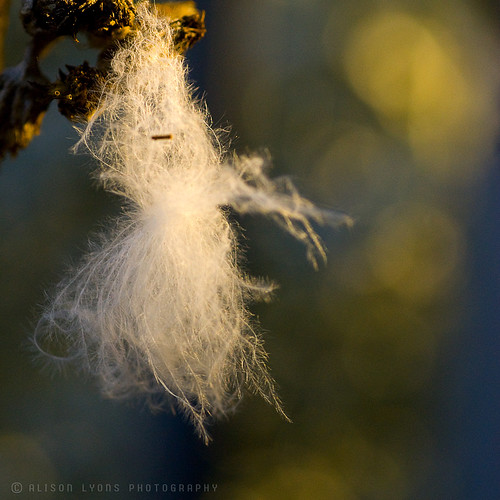 She waited as the last rays of the dying sun, flickered weakly through the mulberries.
She waited as the last rays of the dying sun, flickered weakly through the mulberries. She thought she saw a dark shape move in the distance and a vesper of cool air brushed the back of her neck and brought with it the heady scent of night Jasmine.
She called out, not loudly, her voice fell out into the dusk as if it were hitting stone, small.
No-one answered...
Tank Girl
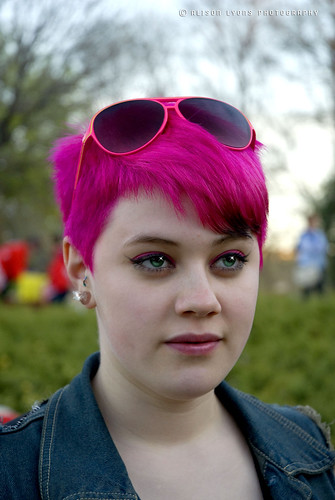
I asked her if I could take her photo and she said "alright", but she wouldn't look at the camera. She was young, and what you can't see in the photo is her two little brothers, holding her hands, one either side. You can't see her conservatively dressed parents, who had wandered off, leaving her with her two little charges. And you can't see the shorts, the tattoo or the studded belt.
Halloween
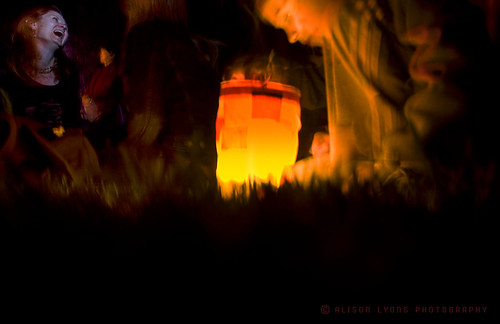
I honestly don't know quite what is going on in this photo. My intention was to photograph the young girl bending over her lantern. But she moved, and I moved, and I wasn't using a tripod (again), a long exposure and it was destined to be a failed shot. But somehow I have captured a woman's face in the top left, momentarily lit up by someone else's flash, like an apparition.
Nara Candle Festival

The Canberra Nara Candle Festival is a celebration of friendship and goodwill marking the sister city relationship between Canberra and Nara, Japan.
At dusk the festival's centre-piece comes to life, with the lighting of more than 2000 floating candles arranged in the dry riverbed of Canberra-Nara Park. As the sun sets, the candles form a serene view, flickering away into the evening sky and illuminating the park in a soft glow.

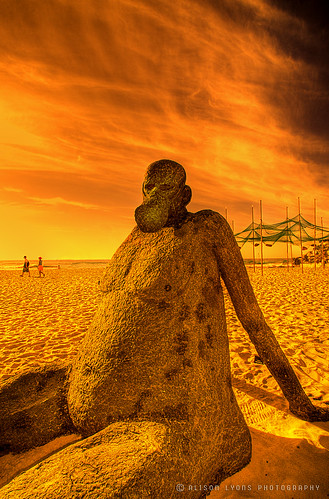
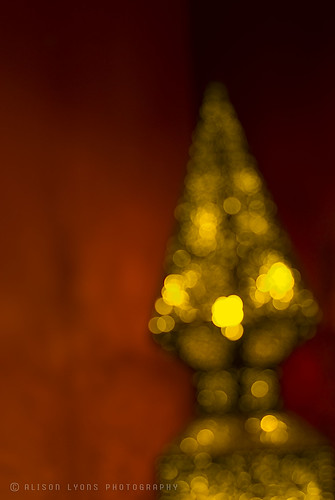

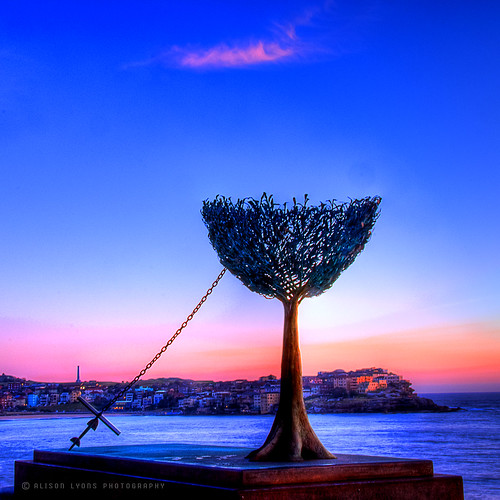
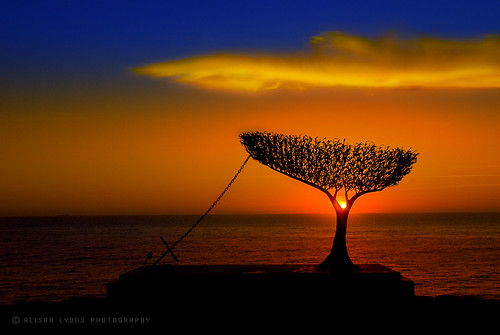

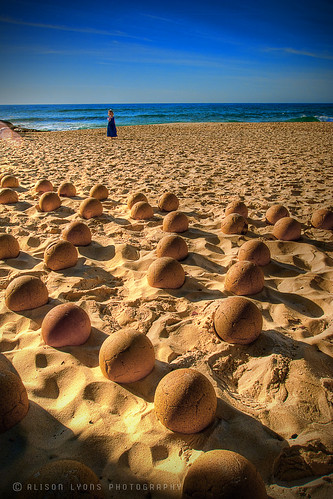
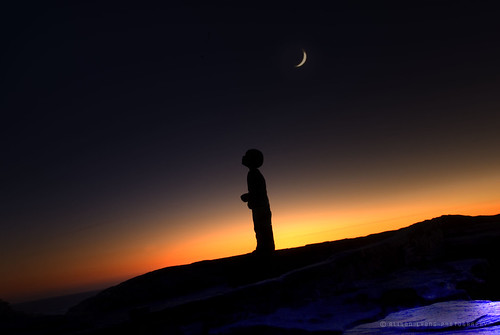

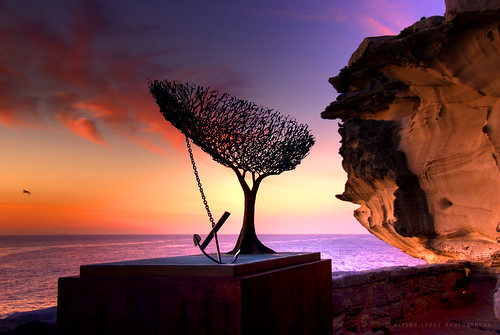

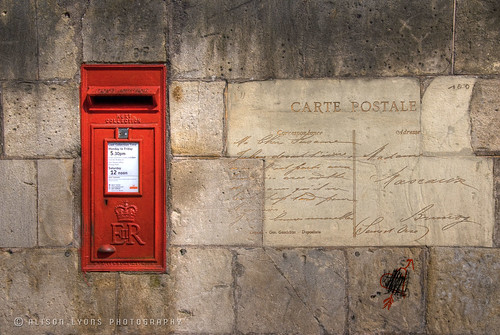
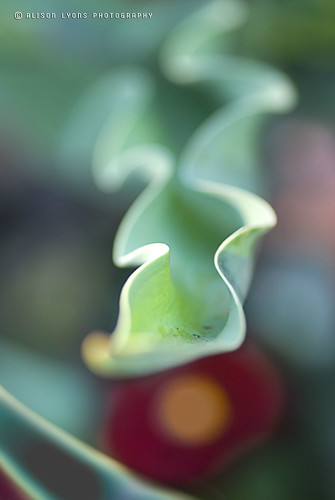
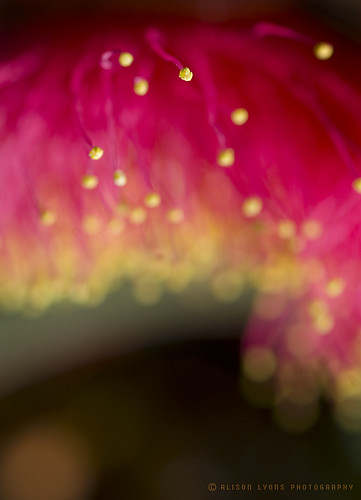
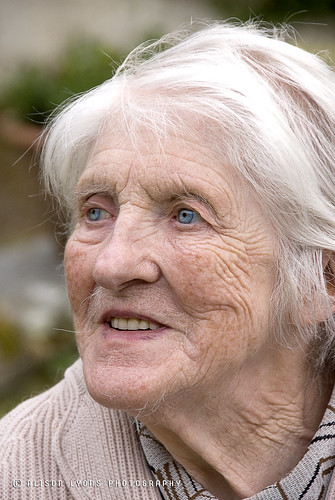
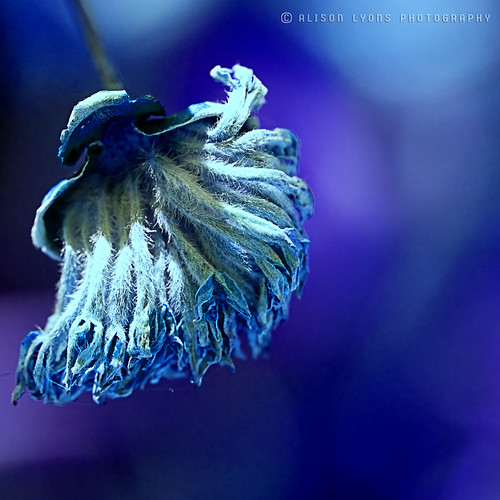

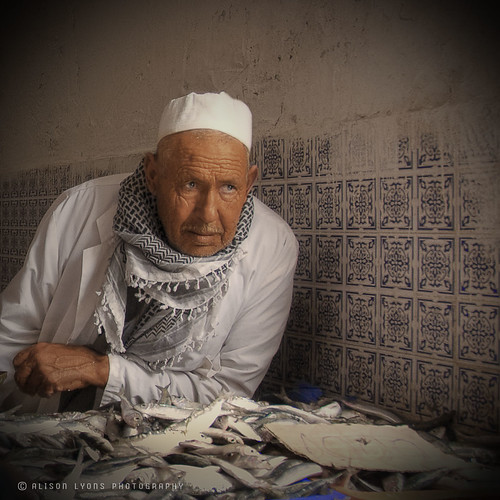

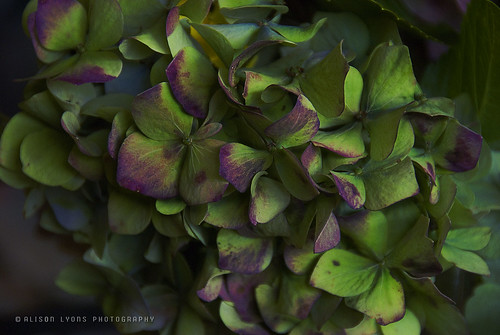
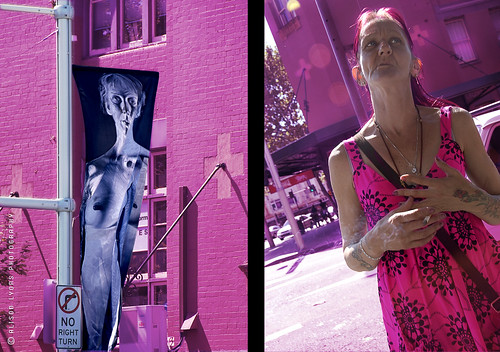

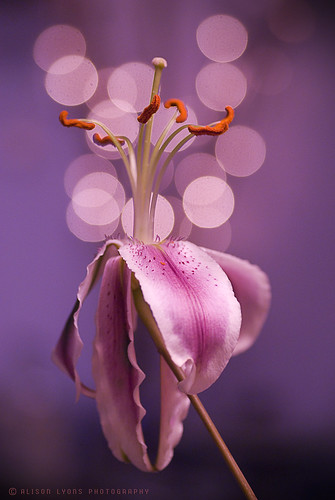
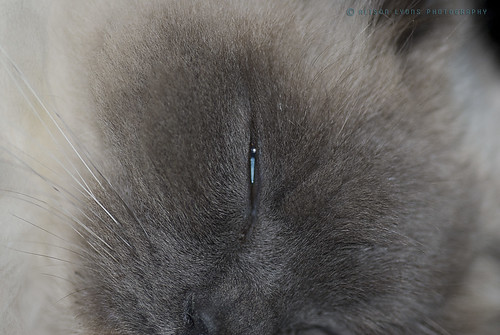
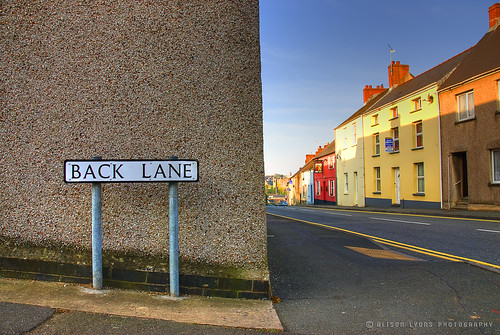


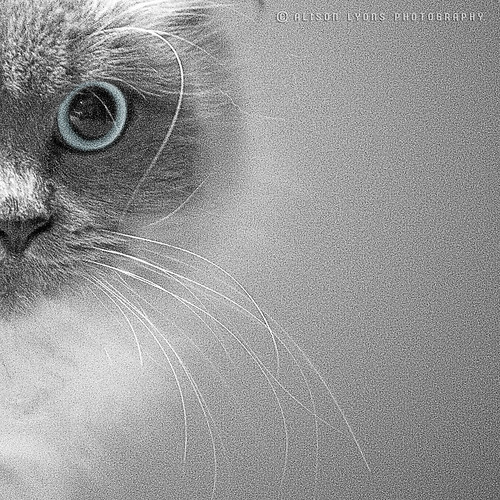
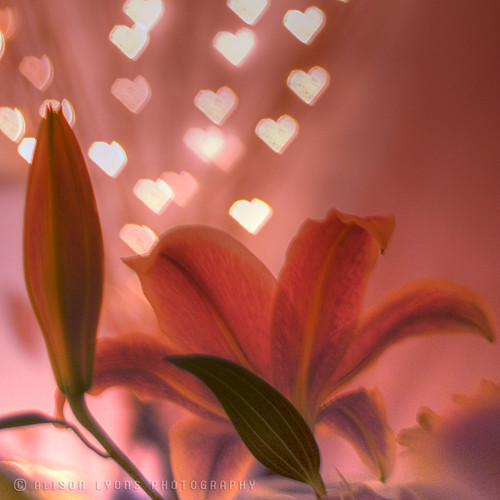
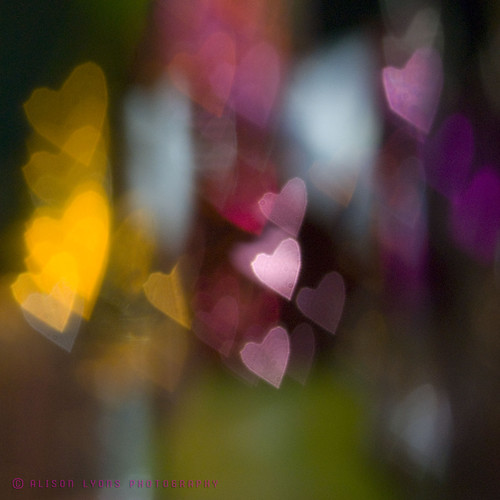
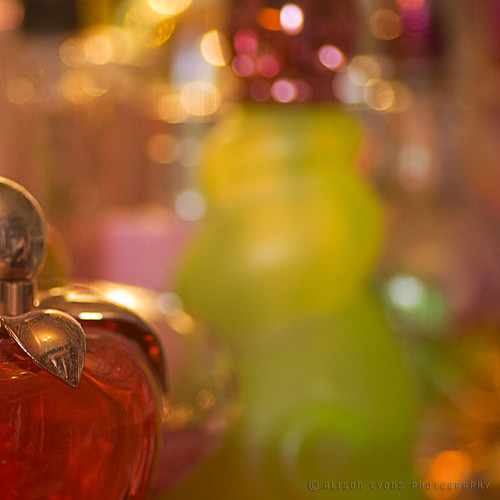
![Iris [ Blue ]](http://farm4.static.flickr.com/3016/2915772243_81ba09cb24.jpg)
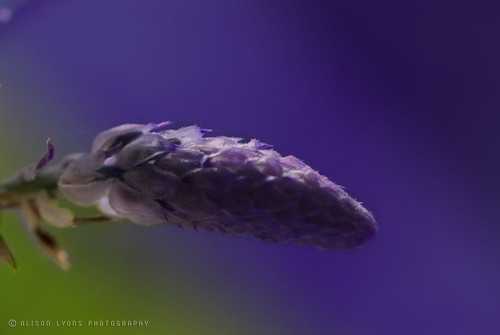
![Tulip [ carnivorous ]](http://farm4.static.flickr.com/3291/2913954628_09e890497c.jpg)
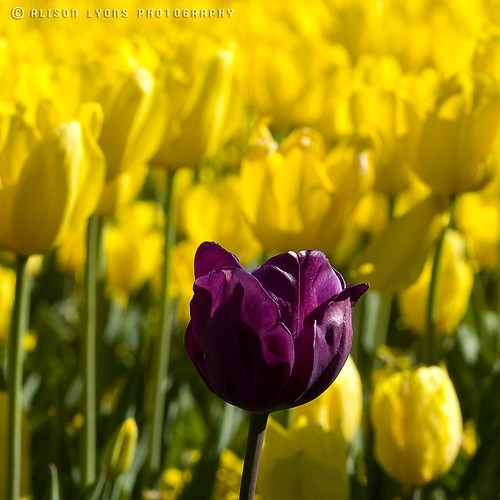
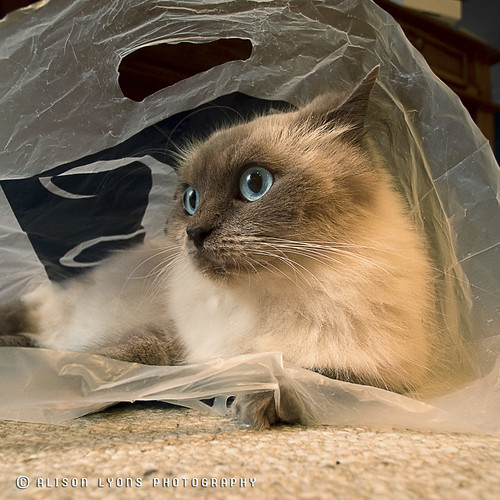
![Wednesday [ bokeh blues ]](http://farm4.static.flickr.com/3170/2902563183_9d7745c644.jpg)
